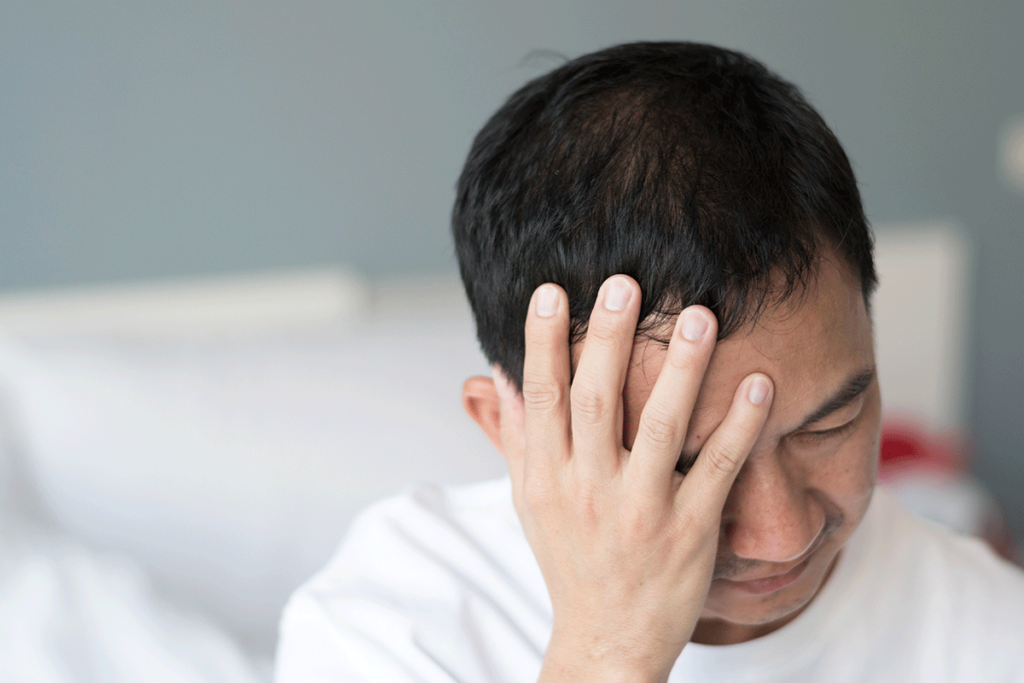Concussions are serious brain injuries, and you should take every precaution to recover as quickly as possible. But what about alcohol? Can you drink if you have a concussion, or should you take a break after your injury? If alcohol is your primary concern at this moment in life, it might be a sign of an addiction, and you may need alcohol addiction treatment to recover.
Call Promises today at 844.875.5609 to learn more about our extensive alcohol treatment options that can set you on the path to a lasting recovery.
Why Alcohol and Concussions Don’t Mix
The simple answer to the question, “Can you drink if you have a concussion?” is no. While there is some debate about the degree of harm that alcohol can truly have in this scenario, the effects of alcohol can heighten your risk of sustaining further harm after a concussion takes place and prevent you from making a full recovery.
To understand why alcohol and concussions don’t mix, we should break down the effects of both factors:
Concussions
Concussions are a traumatic brain injury. They are typically caused by a sudden jolt to the head, causing the brain to bounce around the skull. In the short term, this can cause effects such as:
- Confusion
- Memory loss
- Chemical changes in the brain
- Damaged brain cells
- Nausea
- Vomiting
The recovery period of a concussion is typically two weeks. However, for some people, it can take even longer. In this time, your brain is repairing any damaged brain cells and literally putting itself back together again.
Alcohol
Alcohol is a central nervous system depressant. This means it slows down the entire central nervous system, including the brain. While this is what produces the intoxicating effects of alcohol, it can also slow down your recovery process and lead to poor decision-making abilities. Alcohol can make it harder to make good decisions about your recovery.
What to Do if You Have a Concussion
The first thing you should do after a concussion is reach out to your healthcare provider. They can provide medications to help with any pain or discomfort and take scans of your brain to measure the extent of the damage you are experiencing.
Following seeing your physician, it’s best to set aside time to rest and recover. Avoid exerting yourself by doing sports, exercise, or physical labor. Some experts also suggest avoiding strenuous mental activity, such as complicated work tasks or even too much socialization.
It is always recommended to stop drinking alcohol until you have fully recovered from your symptoms to ensure that your brain can achieve a quick and full recovery after your injury.
If You Can’t Stop Drinking
If you find that you’re unable to stop drinking after a concussion, even if you’ve tried, it’s likely a sign that you’ve developed an alcohol use disorder. Addiction is not a choice. Instead, people living with an alcohol use disorder experience significant brain changes that make it almost impossible for them to stop on their own.
If you experience shakes, tremors, or intense alcohol cravings, these are all signs of alcohol withdrawal—another indication of an addiction. These symptoms are dangerous, and most people will need the help of professional alcohol treatment in order to recover.
Find Alcohol Addiction Treatment at Promises
At Promises, our team has the experience, compassion, and evidence-based tools to help people overcome alcohol use disorder and achieve a lasting recovery. Reach out to our team today by calling 844.875.5609 if you’re having trouble quitting alcohol after a concussion, and our team can guide you on the path to a healthier life in sobriety.

